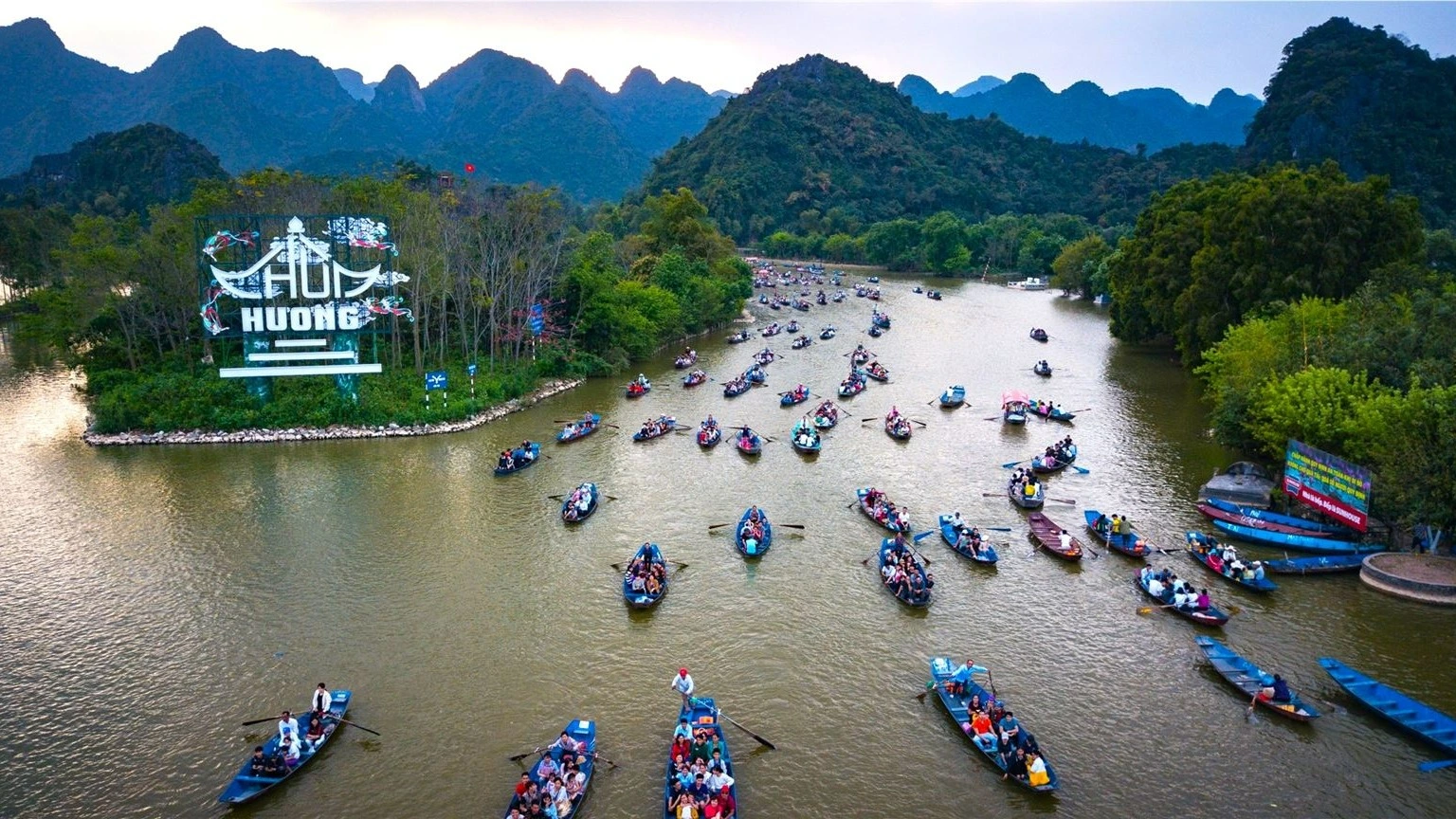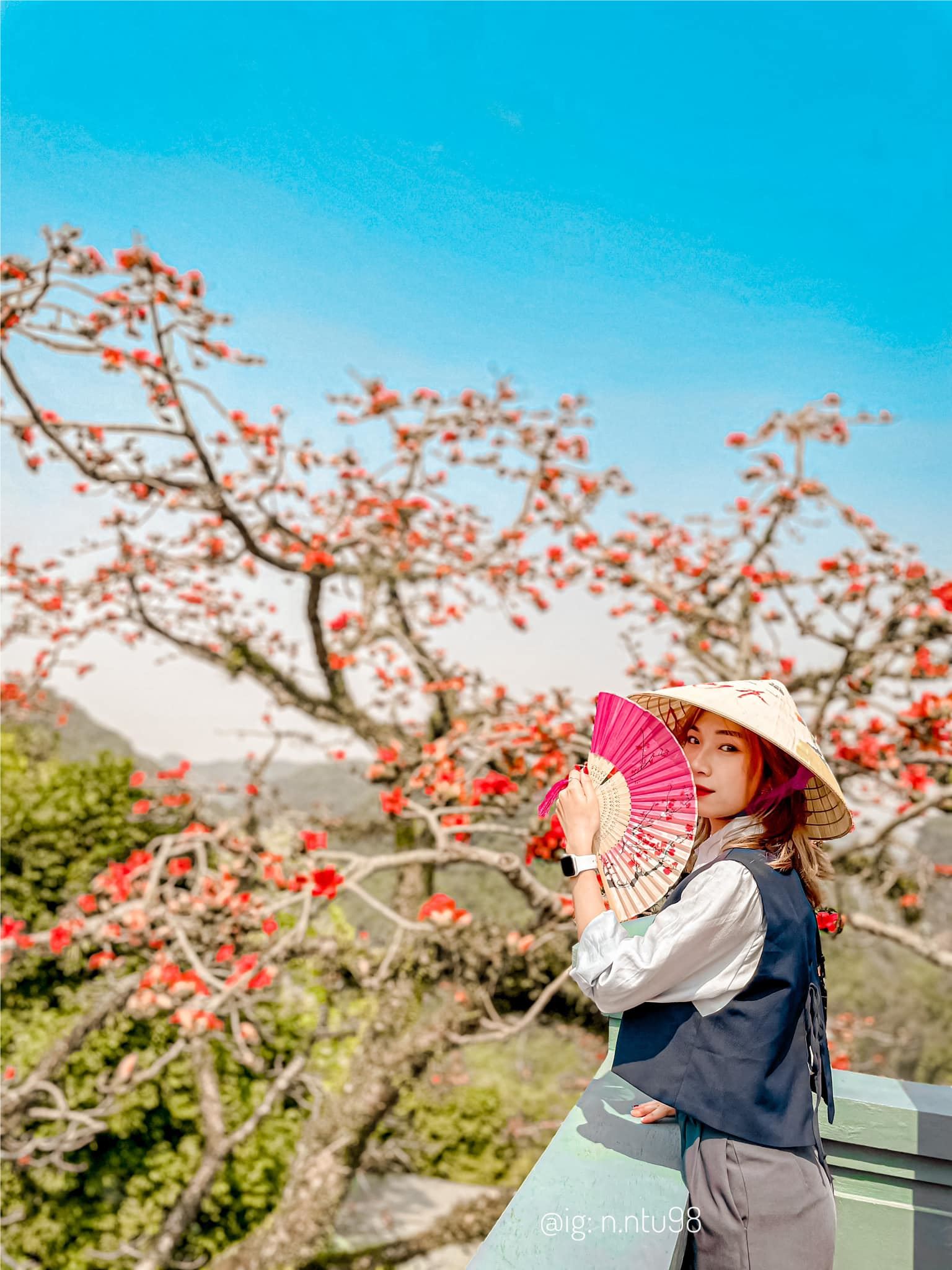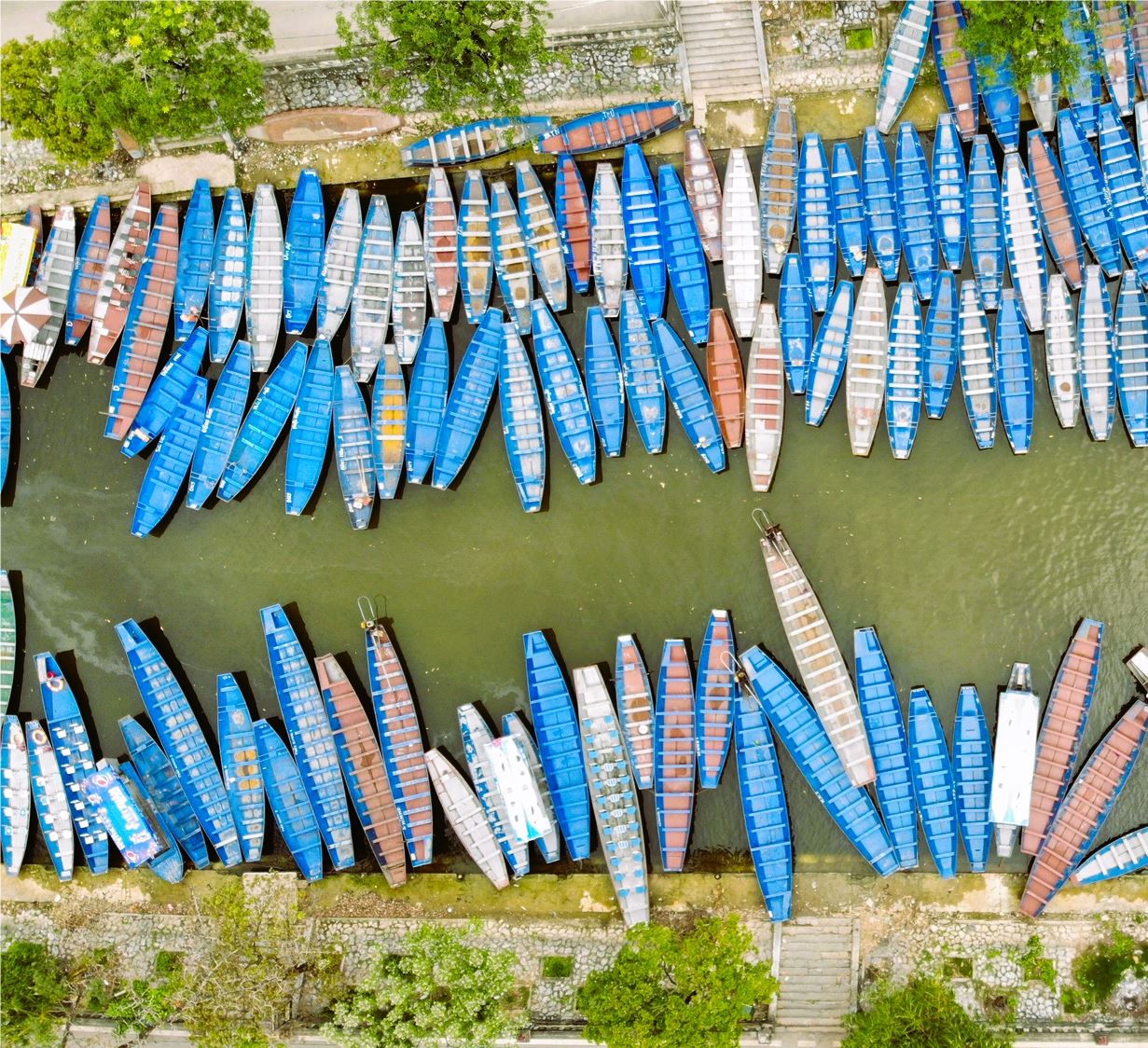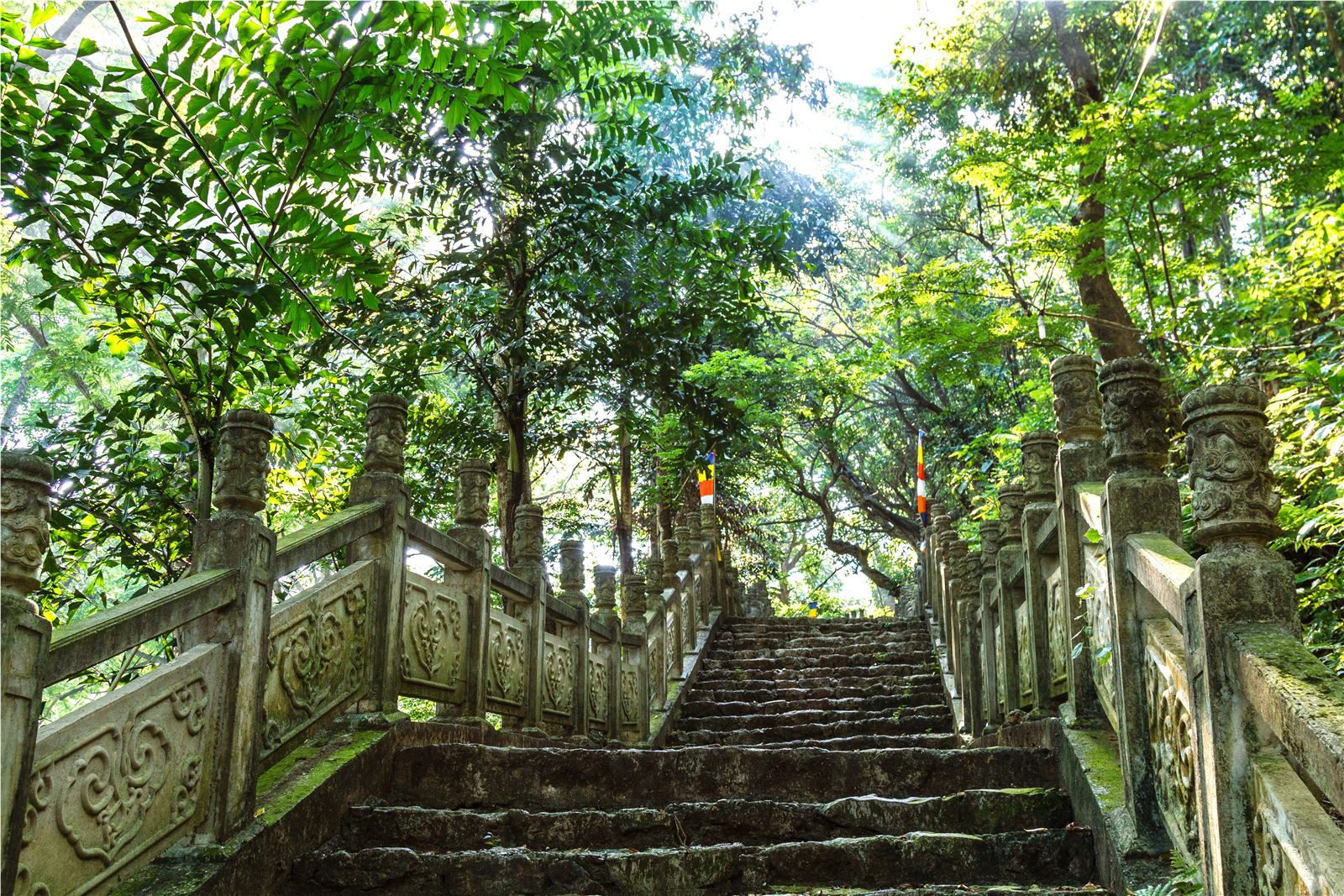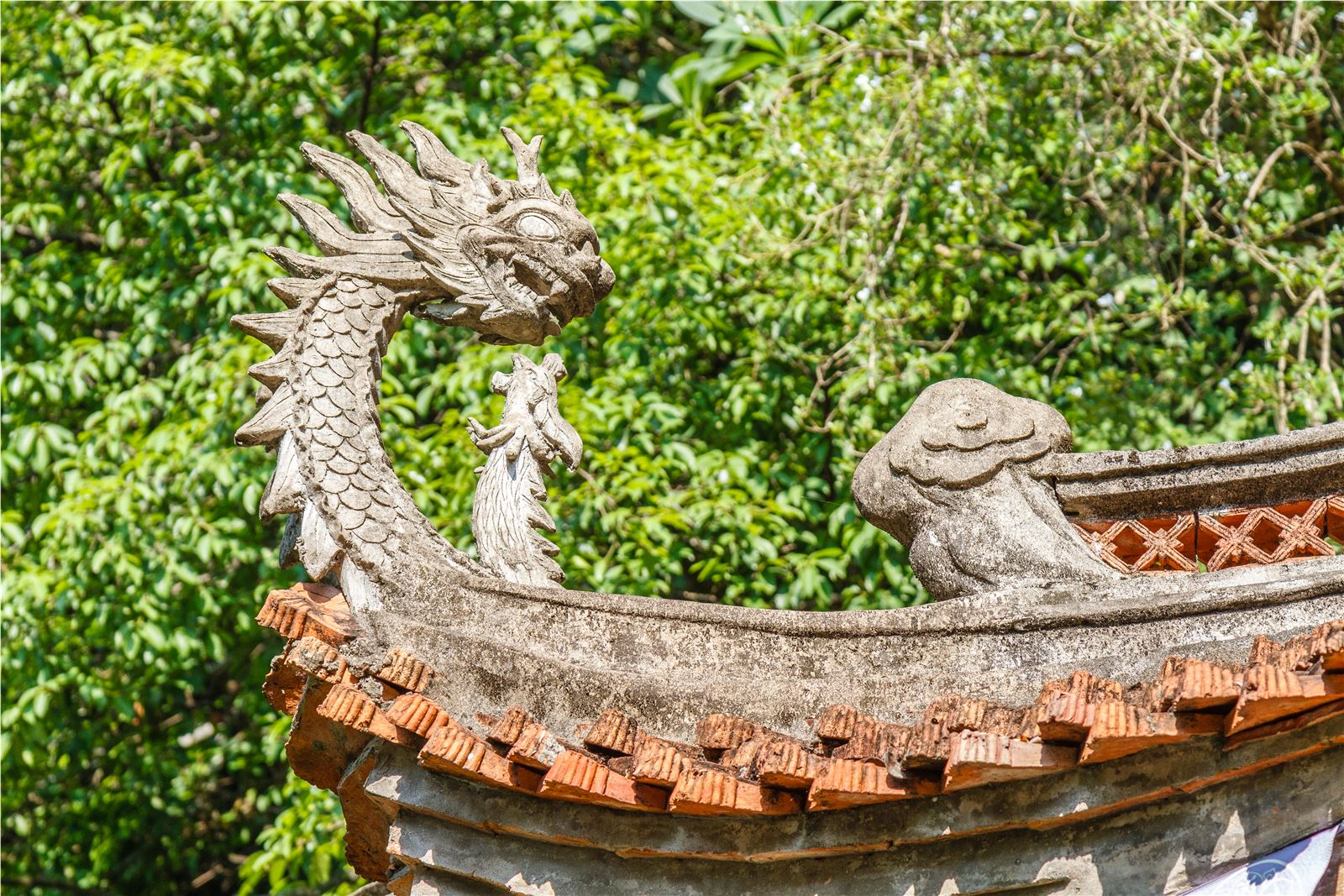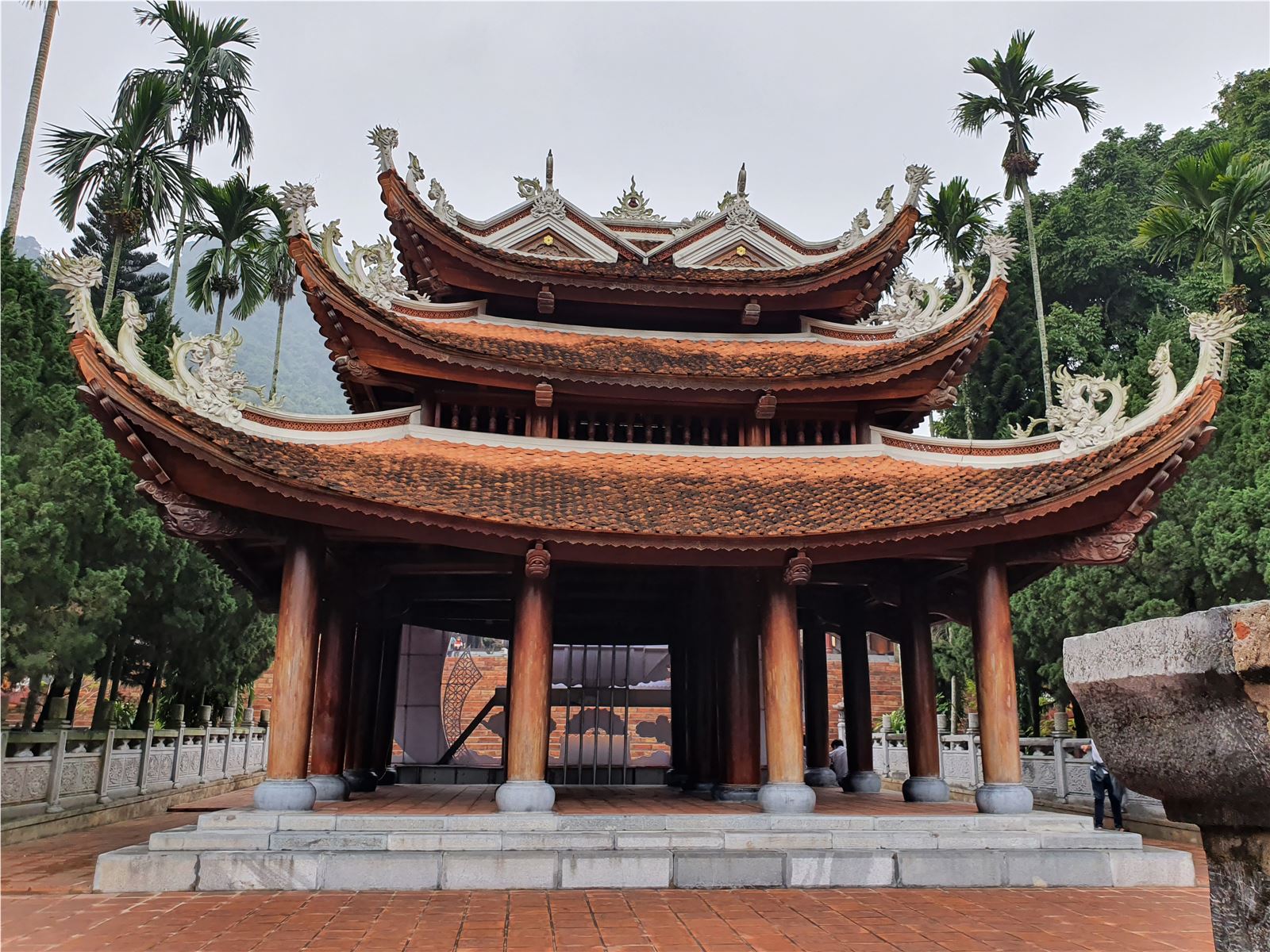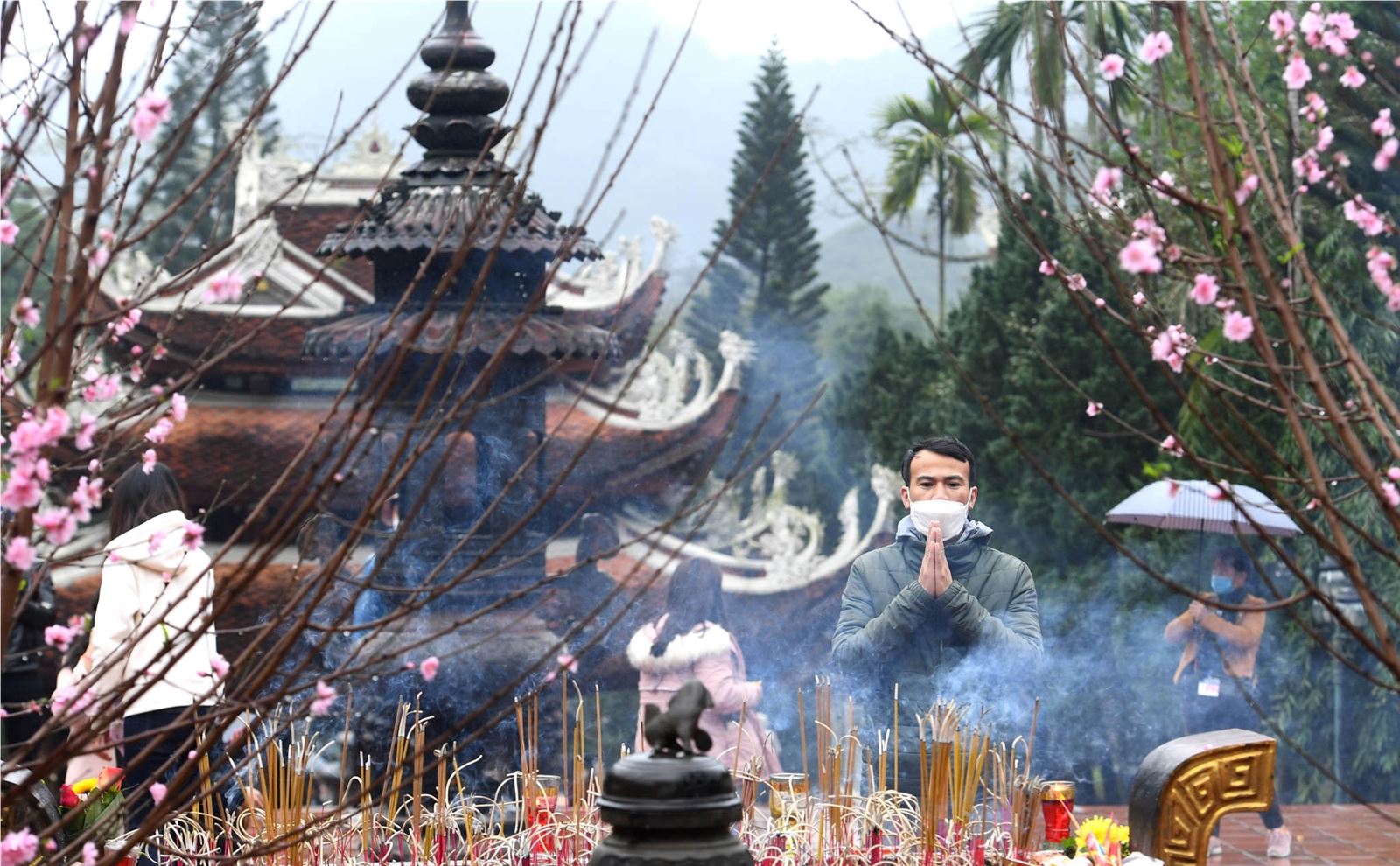Huong Pagoda is located in Huong Son commune, My Duc district, Hanoi city. This is a famous cultural-religious complex with many temples, pagodas, and worship houses. Over hundreds of years, the Huong Pagoda festival has become a beauty in the culture of the nation, imbued with folk beliefs associated with agriculture.
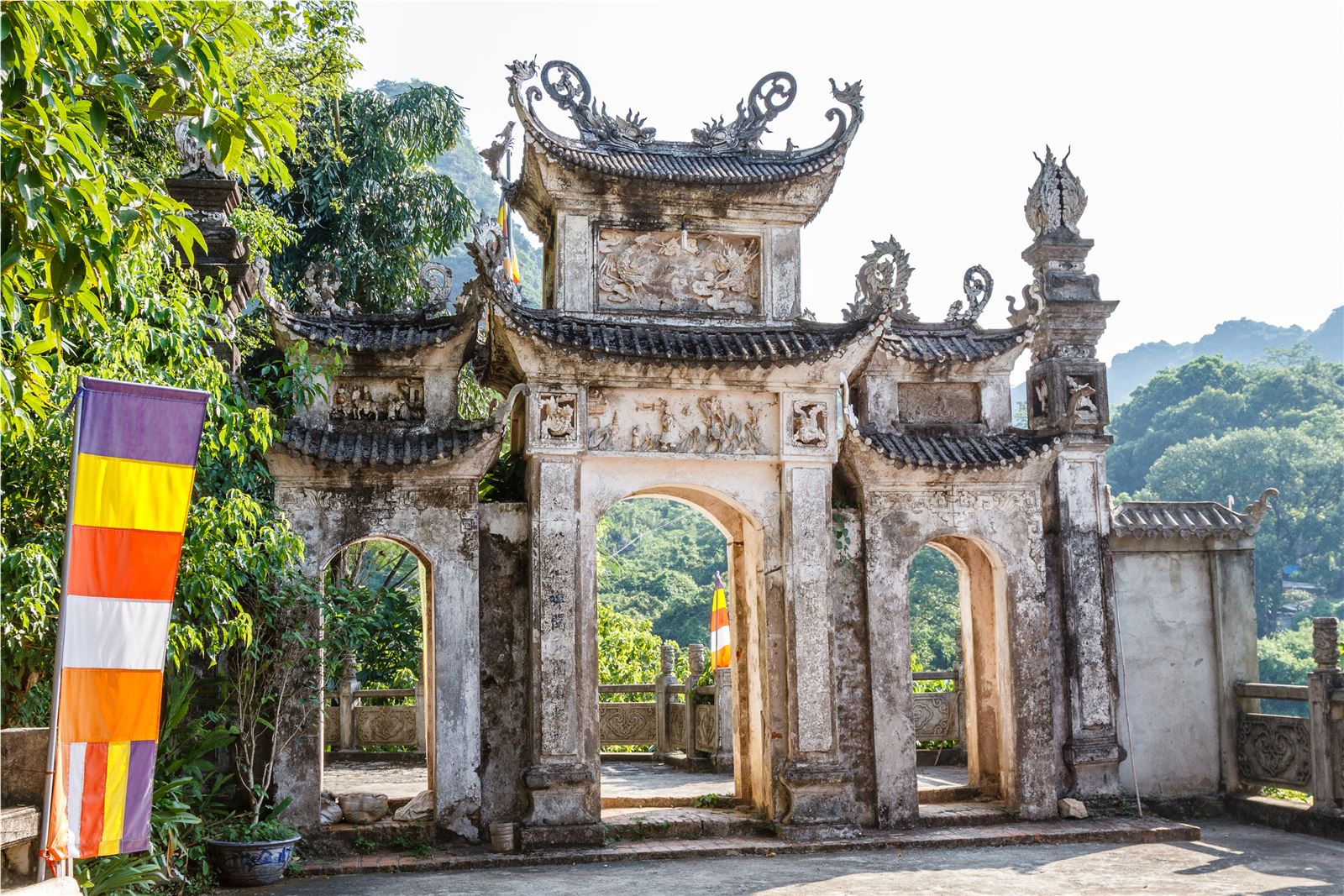
Photo: Shutter Stock
Huong Pagoda consists of 4 pilgrimage routes: Huong Tich route, Thanh Son route, Long Van route and Tuyet Son route. With this schedule, you will go from Duc wharf to Trinh Temple, Thien Tru Pagoda, Huong Tich cave to Giai Oan Pagoda. Each location has a different way of shopping and performing ceremonies.
Photo: n.ntu98/Ngoc Hai
From the gathering place is Duc wharf, you will be able to go down the Yen stream to enter the pure realm. Yen Stream is the only road that anyone who wants to make a pilgrimage must pass. The stream is not too long but enough to captivate anyone with the poetic scenery of the mountains and forests. In the water lily season, the purple flowers bloom even more to embellish the gentle beauty of this stream.

Photo: Tran Quang Quy
After taking the ferry through Duc wharf, Yen stream, you will go to Trinh temple. As the name suggests, this is the place where you perform the "presentation" ceremony to the gods on Ngu Nhac Mountain, which is a temple to a mountain god. Here, the offerings are salty offerings such as chicken, pork, spring rolls... This is also the only place to worship salty offerings in the complex of destinations in Huong Pagoda.
Photo: Shutter Stock
Leaving Trinh Temple, you get on a boat and continue upstream of Yen stream towards Huong Pagoda. Sitting on the boat, you will have a time to enjoy the chilly and calm atmosphere. The two sides do not see the shore, but only vast wet rice fields. The spring rain made the scenery of Huong Son dim.
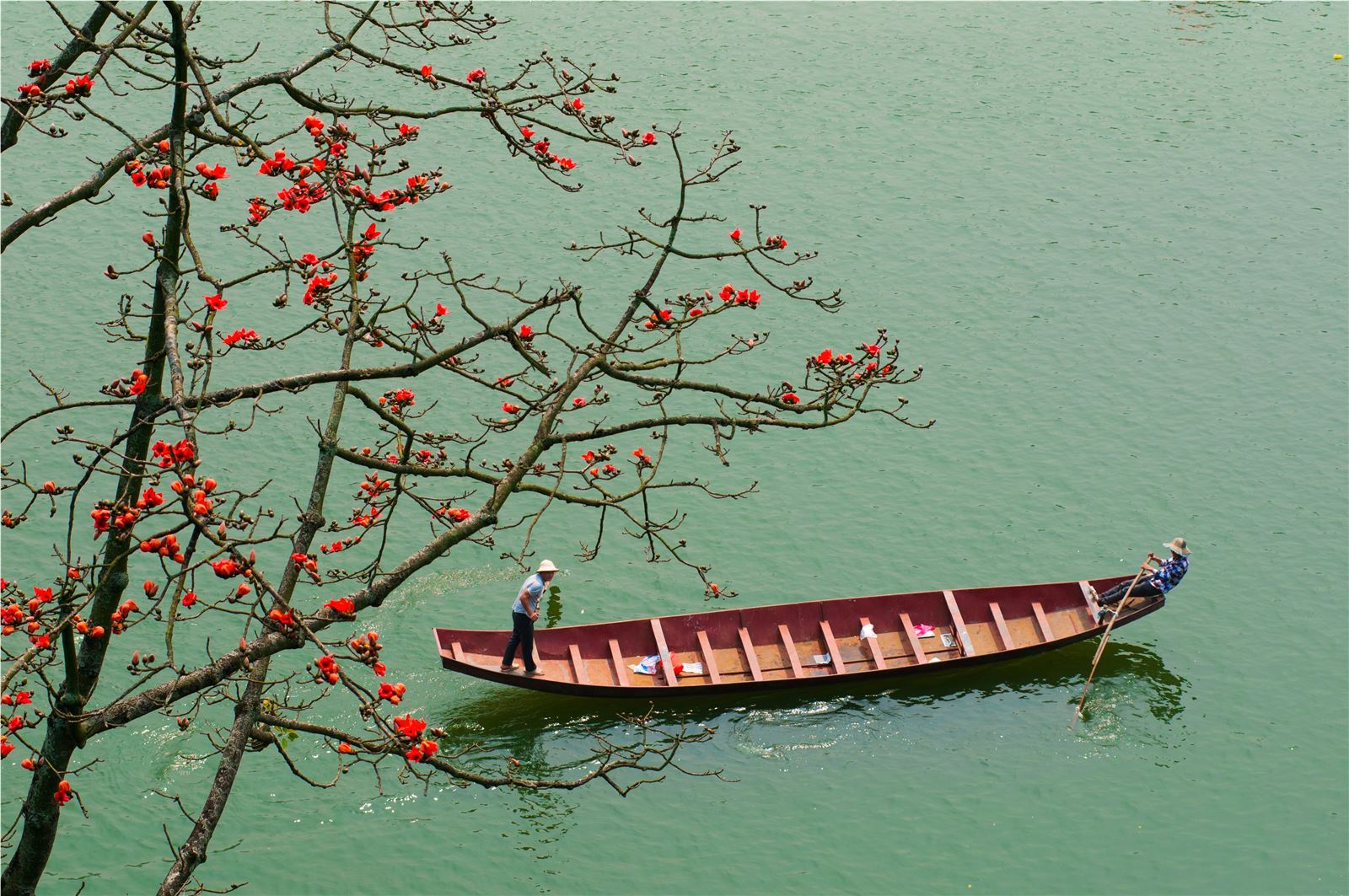
Photo: Shutter Stock
Getting off the boat, following the main road paved with green stones, you will arrive at Thien Tru Pagoda. When passing through the South Tianmen Gate, please pay attention to enter the right door (false gate) and exit through the left door (void gate). The main door (central hall) is only for the Son of Heaven, high monks, and faculty members to enter and exit. offerings, lighting incense and performing ceremonies at the altar of Notre Dame. Next is to place the incense ceremony on the main hall, light incense lamps, and pay homage to Buddhas and Bodhisattvas. Offering incense at Thien Tru Pagoda can only buy vegetarian offerings such as incense, fresh flowers, ripe fruits, short products, sticky rice, tea... It is absolutely forbidden to offer salty offerings in the area of the main Buddhist hall, that is, the main place of worship of the temple.
Continuing the journey, you will see Tien Son Pagoda located on the high mountain slope on the right. Tien Son Pagoda has a main hall with its back on the mountainside, the front yard is very airy and can cover a deep green mountain forest. On the left side of the main hall is a cave with Buddha statues nearly half a meter high in clear white stalactite, visible from front to back. In addition, the cave stone also has stone slabs that when knocked on emit an echo like a bell, bass like a drum and a cup like a mug.
Photo: Shutter Stock
Leaving the cave, perhaps at this time, continue to climb two more slopes, you will see the five words "Nam Thien De Nhat Dong" penned by Lord Trinh Sam right at the entrance of Huong Tich cave. On the ceiling of Huong Tich cave, nine stalactites in the shape of nine dragons worship a block of stalactites under the cave floor, called "Cuu Long Tranh Chau". In addition to offering incense and sincerely turning to the Buddha, some people have the habit of catching drops of water falling from the stalactites on the roof of the cave to pray for a lucky and peaceful new year.
Huong Huong Pagoda smokes all year round, not only a tourist attraction but also a spiritual destination for many people, who want to return to the land of Buddha. Huong Pagoda Festival is also a place to converge and preserve unique national cultural activities with unique activities such as swimming, boating, etc climbing, singing, singing,...
Synthetic Migo
